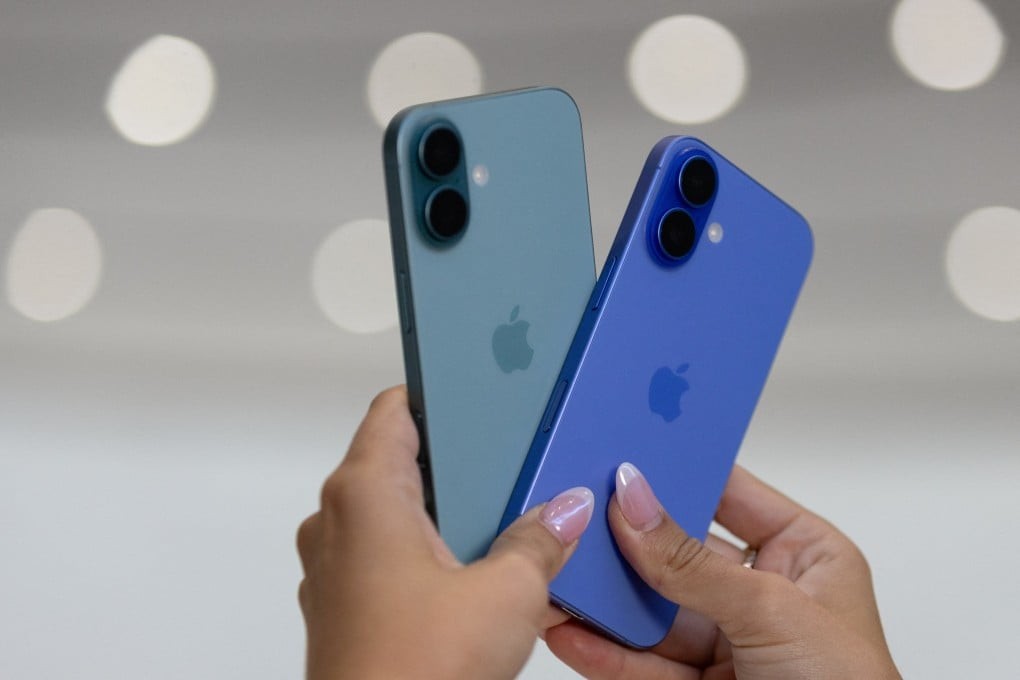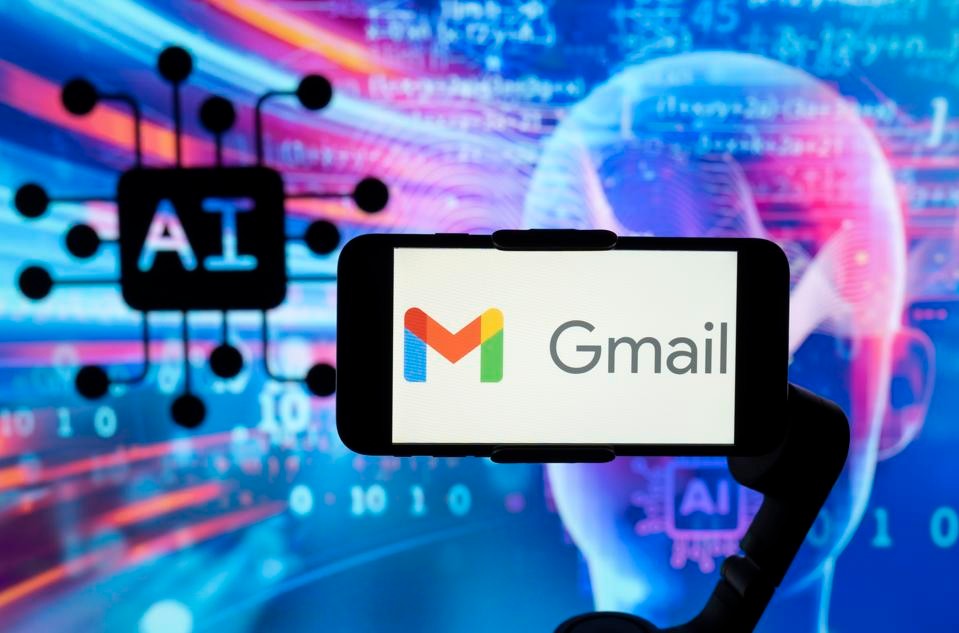Apple to Pay $95M Settlement Over Siri Privacy Lawsuit
Apple agrees to a $95 million settlement addressing allegations that Siri recorded private conversations without user consent between 2014-2019. Eligible U.S. consumers could receive up to $20 per Siri-equipped device while Apple maintains denial of any wrongdoing.
Apple Agrees to $95M Settlement Over Siri Privacy Violations
Apple will pay $95 million to settle claims that Siri recorded users' private conversations without consent and shared data with advertisers. The settlement covers millions of device owners from 2014-2024, offering up to $20 per qualifying device.
Massive VW Data Breach Exposes Location Data of 800,000 Electric Vehicles
A critical security lapse by Volkswagen's Cariad subsidiary left sensitive location data of 800,000 EVs exposed on an unsecured cloud server for months. The breach enabled detailed tracking of vehicle owners' movements across multiple European countries, including German politicians.
Google's Data Purge: Inactive Accounts Face Deletion in Major Privacy Overhaul
Google announces comprehensive data cleanup initiative targeting inactive accounts across Gmail, Photos, and Maps services. Users must demonstrate regular activity to prevent account deletion, as the tech giant implements stricter privacy measures and local storage solutions.
Child Safety Concerns Mount as Apple's App Store Found Hosting Age-Inappropriate Content
Investigation reveals hundreds of apps on Apple's App Store inappropriately rated as child-safe, including AI dating simulators and drug-dealing games. The findings highlight serious content moderation issues and call for independent oversight of age ratings.
Google's Controversial Device Tracking Expansion Set to Launch in February
Google announces significant changes to its digital tracking policies, extending fingerprinting capabilities beyond Chrome to smart TVs and gaming consoles starting February 16th. Privacy advocates and regulators express concerns as the tech giant moves to implement unprecedented cross-device tracking methods.
Apple Unveils Intelligence: A Privacy-Focused AI System Coming to All Apple Devices
Apple's new AI system, Apple Intelligence, is rolling out across its device ecosystem through 2025, bringing innovative features like enhanced writing tools, smart notifications, and AI image generation. The gradual implementation maintains Apple's privacy-first approach while offering advanced capabilities at no additional cost.
Google's Bold Privacy Shift: Cross-Device Tracking Set to Launch in February
Google announces controversial plans to enable broader digital fingerprinting across devices starting February 2024, sparking privacy concerns from regulators. The move will allow advertisers to track users across smart TVs, gaming consoles, browsers and mobile apps, despite previous stance against such practices.
Reddit Unleashes AI-Powered Search Feature Amid User Privacy Concerns
Reddit launches 'Reddit Answers', an AI tool that generates summaries from community discussions while linking to original threads. The feature follows major AI partnerships with Google and OpenAI, though some users resist these AI initiatives through deliberate data manipulation.
Apple Faces $1.2 Billion Lawsuit Over iCloud CSAM Detection Failure
A major lawsuit seeks damages from Apple for failing to implement child abuse material detection on iCloud, despite having developed the technology. The case highlights the complex balance between digital privacy and user safety, with potential damages exceeding $1.2 billion.







